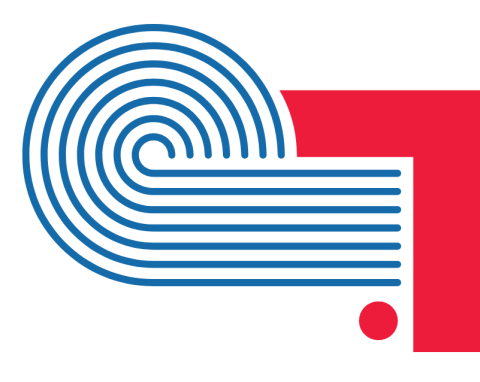
As AI reshapes the educational landscape, we must navigate its implementation in schools thoughtfully and intentionally.
Here's the challenge: There's no one-size-fits-all rulebook. AI is changing fast, and each school is unique. The key to creating effective AI policies is to ask smart questions and work together.
AI School Policy Questions
Here are key questions to help you craft the AI policy that will work for your district, school, or classroom:
1. What are the specific educational goals we want to achieve by using AI tools? How can AI complement and enhance our instructional practices?
2. What types of AI-generated content are acceptable for students to use (e.g. brainstorming, research, rough drafts) and what requires proper attribution? Where should the line be drawn?
3. How can we adapt our assessment methods to focus on higher-order skills that AI cannot easily replicate, such as critical analysis, creativity, and problem-solving?
4. What guidelines should we establish around students disclosing their use of AI tools? How can we foster an environment where students feel comfortable being transparent?
5. What training and support do our teachers need to effectively integrate AI while maintaining academic integrity? How can we keep them up-to-date on evolving best practices?
6. What data privacy concerns arise from using AI systems that collect student information? How can we ensure compliance with regulations like FERPA and COPPA?
7. Should AI use policies differ across grade levels or subject areas? How can we differentiate expectations for younger students versus older ones?
8. How can we involve students in the policy-making process to ensure the rules are fair and effective? What are their perspectives on using AI responsibly?
9. What technological tools should we invest in to detect AI-generated content and reinforce academic integrity? How can we balance these safeguards with the educational benefits of AI?
10. How frequently should we review and update our AI policies to keep pace with rapidly advancing technologies? What metrics should we use to evaluate the effectiveness of our approach?
Evolving AI Questions
Tackling these tricky questions is how schools can create AI rules that actually work. It's not about creating rigid, set-in-stone policies; the goal is to come up with guidelines that can evolve as AI evolves.
Remember, every school is unique. Your AI policy should reflect your specific goals and community. It's important to keep the conversation going, stay flexible, and don't be afraid to adjust your game plan as you learn more.
Learn More
Curious to learn more? Lovely! Check out these recommended resources to explore more about AI and education, or consider this overview of how AI works. And don't forget-- the best way to figure out how you want students to use AI is to experiment for yourself. How can AI tools support student learning, and what other skills might they need to learn? We're all figuring it out, so let's experiment, share, and discover together.

